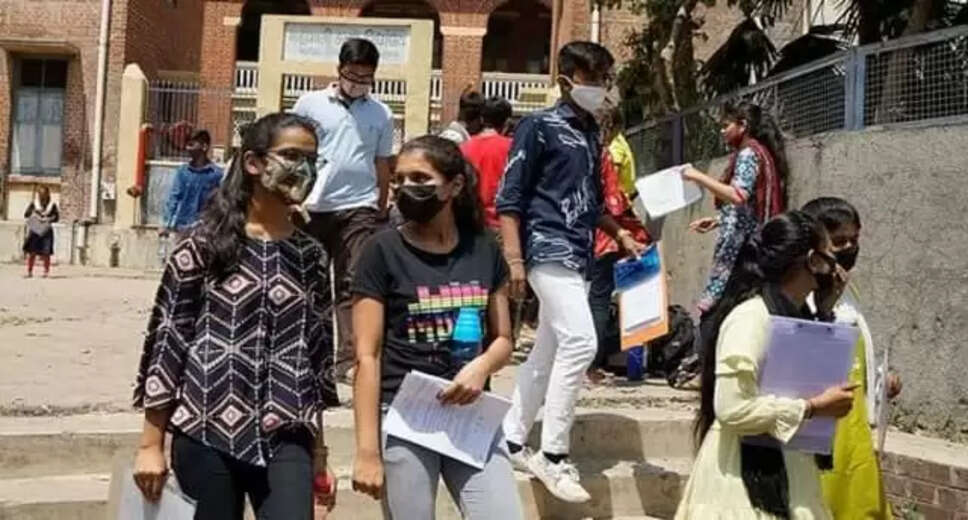NMC Limits MBBS Seats in Each State to 100 per 10 Lakh Population in a Move to Reduce Regional Disparities

In a significant move aimed at enhancing the quality of medical education in India, the National Medical Commission (NMC) has implemented a groundbreaking policy that will have far-reaching implications for medical aspirants and the healthcare sector. With the objective of providing a conducive learning environment for medical students and improving the overall quality of education, NMC has limited the number of undergraduate (UG) medical seats in each state to 100 per million population. This bold decision, which aligns with the recently notified Medical Council of India's Minimum Standard Requirements (MSR) guidelines for 2023, is expected to bridge regional disparities in the availability of healthcare professionals, ensuring a more balanced distribution of medical colleges across the nation.

The NMC's Game-Changing Decision
The decision to limit UG seats in each state to 100 per million population signifies a pivotal step in revamping medical education in India. NMC, in an official notice, expressed its commitment to providing effective quality education to future medical professionals. This move is backed by research and observations of various courts, emphasizing the need to avoid crowding in medical colleges.
-
NMC's Official Announcement: The NMC officially announced this revolutionary change, asserting that it would contribute significantly to the enhancement of medical education standards in the country. The move is anticipated to bring a notable improvement in the overall quality of healthcare professionals produced in India.
-
Legal Backing: Various courts, including the Madras High Court in the case of K.R. Vasudevaa vs. State of T.N. and others, have cautioned NMC against overcrowding in medical colleges. This policy aligns with these legal observations, aiming to alleviate the issues posed by crowded institutions.

The Impact and Potential for Growth
The NMC's decision is not just a regulatory measure; it holds the potential to revolutionize the medical education landscape in India.
-
Increased Seats: With this new ratio, there is the potential to add approximately 40,000 additional MBBS seats across the country, provided that medical colleges are evenly distributed. This expansion will create more opportunities for aspiring medical students and help meet the increasing demand for healthcare professionals.
-
Applause from the Medical Community: The NMC's decision has garnered widespread support from various state branches of the Indian Medical Association (IMA), student associations, and the medical fraternity as a whole. It is seen as a step in the right direction, aligning with the goals of improving the quality of medical training in India.
The National Medical Commission's decision to limit UG seats to 100 per million population is a game-changer for medical education in India. It reflects a commitment to improving the quality of medical training and addressing regional disparities in healthcare access. With potential growth in the number of medical seats and widespread support from the medical community, this policy has set a positive trajectory for the future of medical education in the country.
The NMC's decision comes at a critical time when the demand for healthcare professionals is higher than ever. By ensuring a more equitable distribution of medical colleges, it paves the way for a brighter future for aspiring medical students and a healthier nation.
